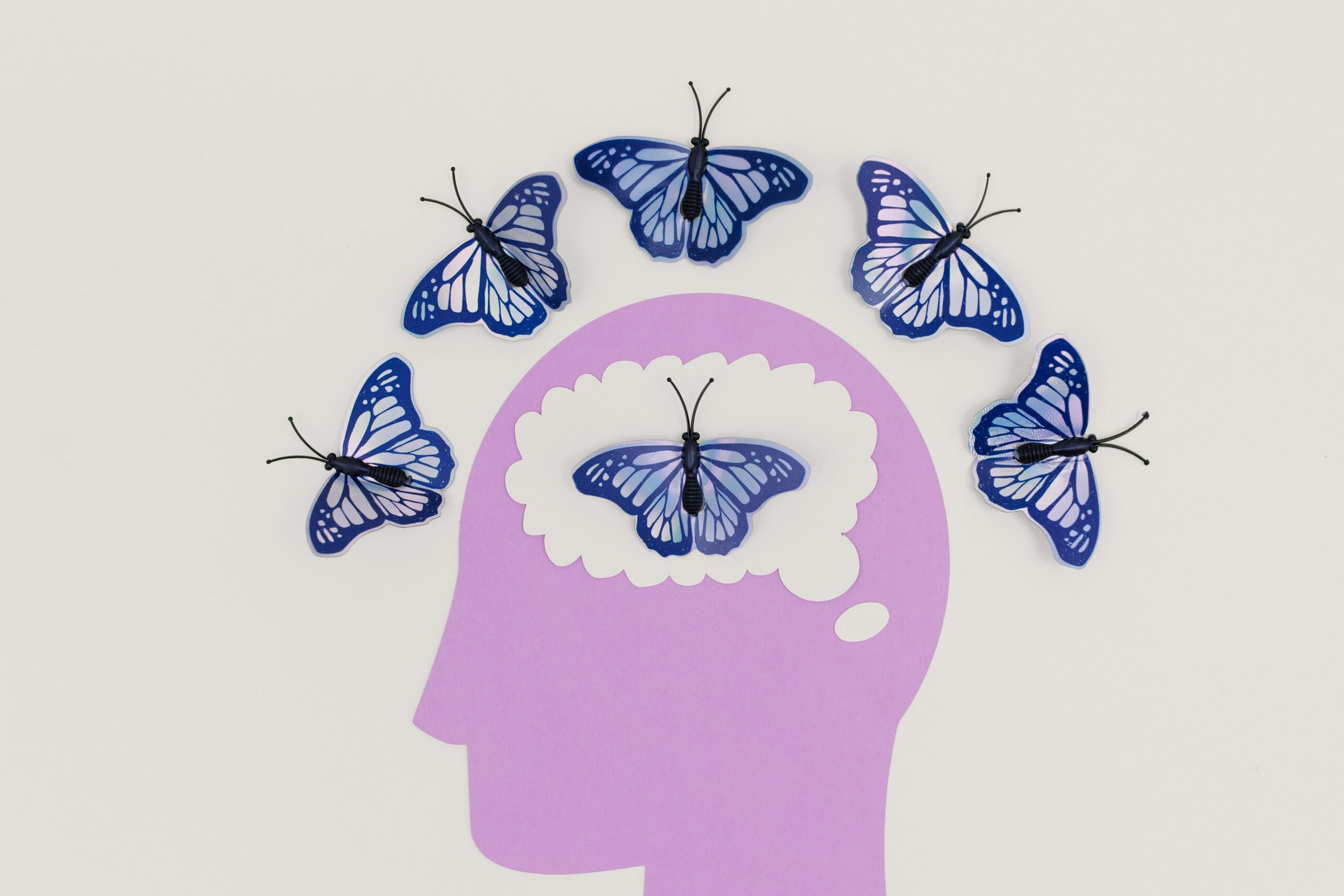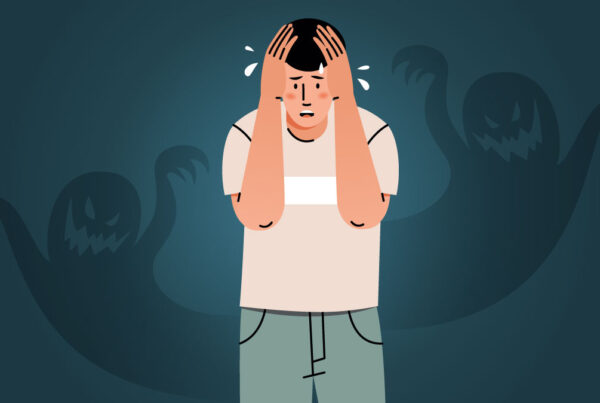Have you ever struggled to concentrate, felt mentally sluggish, or found it hard to recall simple information? If so, you might have experienced brain fog—a condition characterized by confusion, lack of mental clarity, and memory difficulties. While not a medical diagnosis, brain fog is a symptom of various underlying health issues. But how serious is it? Could it be fatal?
Understanding Brain Fog
Brain fog is not a disease but a collection of symptoms that affect cognitive function. It can feel like mental exhaustion, difficulty focusing, or a hazy, disconnected state of mind. People often describe it as “thinking through a thick mist” or feeling like their brain is operating at reduced capacity.
Common causes of brain fog include:
- Lack of Sleep – Poor rest can impair cognitive function and memory.
- Stress and Anxiety – Chronic stress leads to mental fatigue, reducing clarity.
- Nutritional Deficiencies – Deficiencies in B vitamins, vitamin D, or omega-3 fatty acids can affect brain health.
- Hormonal Changes – Pregnancy, menopause, or thyroid disorders can contribute to brain fog.
- Medications and Substance Use – Certain drugs, alcohol, and even caffeine withdrawal may trigger cognitive sluggishness.
- Chronic Illnesses – Conditions like fibromyalgia, diabetes, and autoimmune disorders can cause persistent brain fog.
- Post-Viral Syndromes – Many individuals recovering from infections like COVID-19 report prolonged cognitive dysfunction.
Is Brain Fog Fatal?
Brain fog itself is not directly fatal, but it can lead to severe consequences if left unmanaged. It can affect decision-making, increase accident risks, and impact daily functioning. However, in some cases, persistent brain fog may be a warning sign of more serious neurological conditions, such as:
- Dementia and Alzheimer’s Disease – If cognitive decline worsens over time, it could indicate early signs of neurodegeneration.
- Stroke – Sudden, severe brain fog along with confusion, slurred speech, or weakness could be a stroke symptom.
- Multiple Sclerosis (MS) – Many MS patients experience cognitive impairment as an early sign of the disease.
- Brain Tumors – Persistent brain fog, accompanied by headaches, dizziness, or vision problems, may warrant further investigation.
Thus, while brain fog itself does not kill, ignoring it could delay diagnosis of life-threatening conditions.
How to Clear Brain Fog
Managing brain fog often involves lifestyle changes and addressing underlying health issues. Here’s what can help:
✔ Improve Sleep Quality – Aim for 7–9 hours of sleep per night.
✔ Reduce Stress – Meditation, deep breathing, and relaxation techniques can improve focus.
✔ Eat Brain-Boosting Foods – Include leafy greens, nuts, fish, and whole grains in your diet.
✔ Stay Hydrated – Dehydration can worsen cognitive decline.
✔ Exercise Regularly – Physical activity enhances blood flow to the brain.
✔ Limit Processed Foods & Sugar – High sugar intake can cause energy crashes and worsen brain fog.
✔ Seek Medical Advice – If brain fog is persistent or worsening, consult a doctor to rule out serious conditions.
Brain fog is frustrating and can significantly impact daily life, but it is not inherently fatal. However, it should never be ignored, especially if it is persistent or worsening. Treating the root cause is key to regaining mental clarity and preventing potential health risks.
If you experience brain fog frequently, take it as a warning sign—your brain might be asking for help. Listen to your body, make necessary lifestyle changes, and seek medical attention when needed. After all, a sharp mind is essential for a fulfilling and healthy life.



